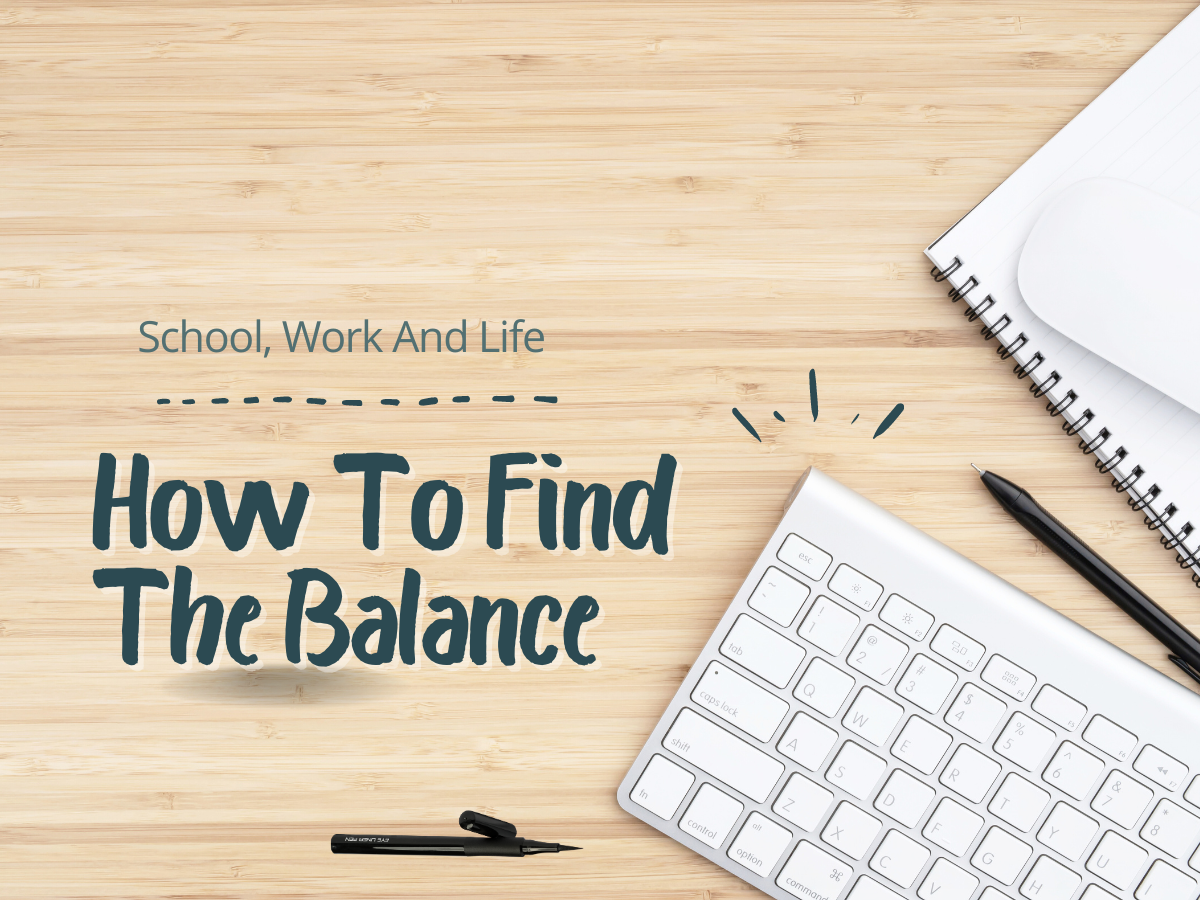>> Chelsea Leonard, staff writer
Microsoft Office launched new apps that can make using office programs easier on your iPad.
Apple tweeted on Thursday, April 3, “More than 12 million downloads of Word, Excel, PPT & OneNote for #iPad from the @AppStore,” thanking customers for a positive response to the new products.
Microsoft offers each of the programs included in Office for individual sale.
These include Word, Excel, PowerPoint, Outlook, OneNote, Publisher and Access.
According to Microsoft’s website, the apps allow anyone to “access, edit and view documents from your Windows phone, iPhone, iPad or Android phone or the web.”
They have updated several of the programs to improve consumer use. New capabilities such as New Read Mode, Object Zoom, Resume Reading, PDF Reflow, Alignment Guides and Live Layout are enticing to a frequent iPad user.Microsoft caters to those who need convenience and ease of access.
According to their website, Office Mobile and Office Online will help you get things done on the run.
It sounds like a positive idea. Who would not want to be able to use programs on the go? Why wouldn’t someone enjoy having Microsoft Office on a mobile device?
“It would sync to all devices, laptop, tablet and phone. You could edit your paper from your phone,” said sophomore history major Samuel Segars. As a student, formatting papers on a tablet or phone would make finishing homework on the go easier.
“[The apps] do seem like a good idea for people who are really tech savvy and always on the go,” said Brenden Ambrose, a sophomore music education major.
Here’s the catch: Microsoft is pushing for students to purchase a yearly subscription to Office 365. If you do not obtain this subscription, the apps will be a whopping $109.99 each.
“Microsoft offers its Office apps for free to all iPad users, but to do anything other than merely view your files you’ll need an Office 365 subscription,” according to PCWorld.com. $109.99 is not cheap by any means, especially in the budget of a college student.
“I think it’s ridiculous,” said junior nursing major Amber Azbill. “As college students, we already don’t have that much money, and the majority of us have to use all of those programs for class assignments.
To make us pay for each one separately is just ludicrous.” Price is a key factor in deciding if these apps are really worth it.
Most computers on campus offer Microsoft Office in its entirety, and students only need to adhere to the lab hours to take advantage.
“It would make students only buy one and then share the other programs with their friends,” Azbill said.
Microsoft claims to have the upper hand on college student applications. They know their products are key to success in attaining an education. Assignments in each class require students to use these programs.
College students are often urged to list Microsoft Office proficiencies on résumé’s. There is no escaping the need for Office.
Because of this, Microsoft feels entitled to sell individual apps for a ridiculous amount of money. Money college students simply do not have. If we were all 30-somethings with steady incomes, then yes, the apps would be a convenient additive to our already privileged lives. Unfortunately, that’s not us, yet. TAS





